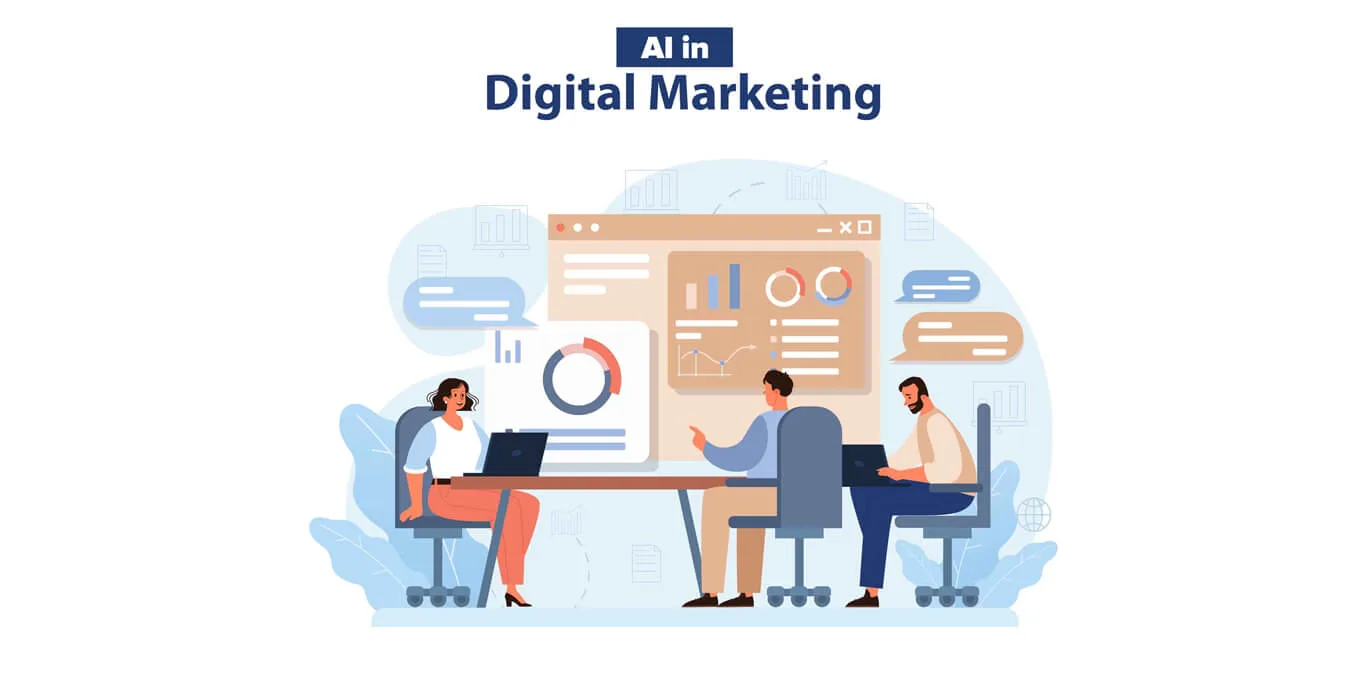Retailers, especially small firms, which have limited marketing budget, are always looking for new ways to create buzz and bring in new consumers with distinctive promotions. Digital marketing in India for the retail sector is time consuming, pricey, and aggressive, yet extremely rewarding if it is planned and implemented appropriately.
Retailers are aware that there has been a considerable power switch to consumers and the need to deliver extraordinary customer experience has become very important. Retailers are trying various ways to answer new shopper expectations, and try to change retail experience, manage back-office processes better and much more.
A number of chains have started concept stores to see how customers are interacting with technologies and services prior to rolling them. You can say that the retail industry is one of the industries that are affected the most by digital transformation of business for numerous reasons.
The digital shopper has changed the face of retail by putting pressure on brands to get attuned to this change. Many retailers are now looking up for a social media marketing company in India to leverage online platforms such as Facebook and Instagram.
According to study more than £150 billion retail sales are influenced by digital, and the retailers whose services fail to meet consumers’ expectations could lose more than £12 billion every year.
In 2016, multichannel management is highlighted as the second digital priority for retailers. Thus, it will not be surprising to anyone that seven out of ten retailers think of optimizing the consumer journey across several touch points in order to be ‘very important’ considering their digital marketing efforts. A digital strategy supported by leaders who encourage a culture able to transform and drive innovation determine the ability to digitally re-imagine a business.
As retailers begin to think about the holiday season this year, it is necessary for them to take a different approach to search marketing than what they have implemented in past years. The reason behind the change of approach is that Google updated Analytics and Google AdWords earlier in this year to be more mobile-focused and to be in line with changing customer behavior. Owing to these changes search ads have become more personalized, mobile-friendly and location centered.
Eventually, Google is becoming dependent on the concept of “micro-moments”. “Micro-moments is the precise time that a particular person might be interested in a particular piece of information and this is a swing from the context-based strategy that has shaped up search marketing up to this year.
Thus, retail brands will work and get in front of customers in these micro-moments. The key to having micro-moments is to evaluate intent, and not rely only on targeting based on demographics. According to a research from Google, by relying solely on demographics in order to reach customers, you could miss out on more than 70% of prospective mobile customers. Thus, eCommerce and retail industries are expected to take advantage of micro-moments.
Online retailers want to increase the click-through-rate (CTR) of the ads that they place on search engines, but what they really require is large numbers of the right people click on their ads. Right people are those who are really interested in the products, and who could be influenced to complete a purchase.
Both the eCommerce as well as retail industry is expected to face disruption this year, because of the shift to mobile commerce. The most successful brands will create multichannel strategies that take advantage of these promising marketing trends.
For all your queries related to digital marketing, IKF – a leading digital marketing company in india, is more than happy to assist you.
Get in touch with us at: sales@ikf.co.in or call us anytime on: +91 88888 66110


Ashish Dalia is the CEO & Chief Digital Marketing Strategist at I Knowledge Factory Pvt. Ltd.

Ashish Dalia is the CEO & Chief Digital Marketing Strategist at I Knowledge Factory Pvt. Ltd.












